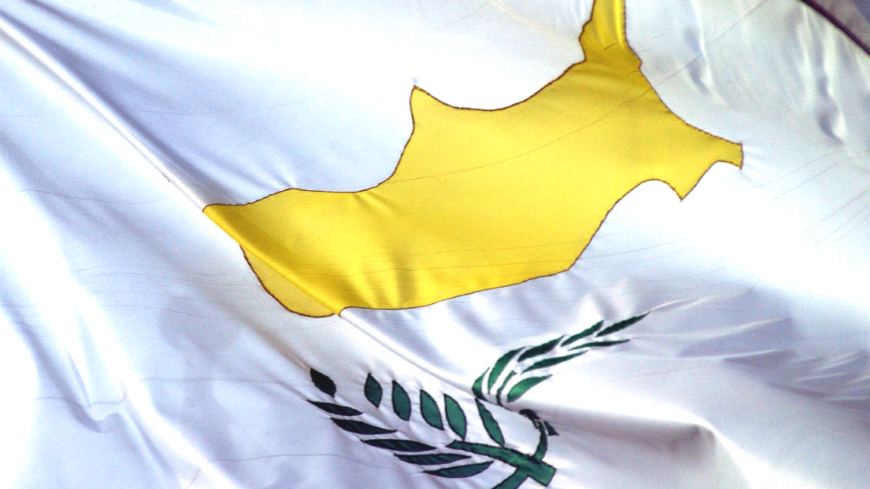In a new report to assess measures taken by the Cypriot authorities to carry out its recommendations, the Council of Europe’s Group of States against Corruption (GRECO) gives a mixed assessment.
Although only two of 16 recommendations related to corruption prevention with respect to members of parliament, judges and prosecutors have been fully implemented, eight have been partly implemented and all are in progress, with some more advanced than others.
Although GRECO welcomes the publication of asset declarations of MPs on an official website – including income from outside private activities – transparency should be more comprehensive, notably concerning movable property. Furthermore, a GRECO recommendation to monitor asset declarations by MPs with an independent and effective mechanism has not been fully implemented.
GRECO notes that a procedure to draft and adopt a Code of Conduct for MPs (covering notably gifts and other advantages, contacts with third parties and lobbyists, accessory activities, post-employment situations) has just begun. This code also should offer clear guidance on how to prevent and manage conflicts of interest concerning MPs, according to GRECO.
Efforts to increase transparency for the appointment of judges have been made, but integrity requirements for their appointment need to be made clearer still. While ethical principles for judges in law and case law exist, a Code of Ethics to consolidate these principles into one document is still lacking even if a reflection process has been engaged, GRECO reports.
GRECO welcomes the consideration by the authorities to change the composition of the Supreme Council of Judicature (the judiciary’s self-governing body) so that lower court judges are included in some of its functions, such as the appointment of judges. GRECO stresses the importance to have a wide representation of the judiciary of all levels, in order to avoid the perception of self-interest, self-protection and cronyism.
The recent creation of the Judicial Training Office (JTO) – dedicated to training judges with respect to ethics – is another positive step to implement a recommendation to mainstream ethics and integrity in all judicial training programmes, although the JTO has yet to realise its full potential and deliver adequate training on integrity and ethical matters.
GRECO welcomes the creation of the Guidelines on Ethics and Conduct for Public Prosecutors. Another positive development is a bill on the independence and autonomy of the Law Office (Prosecutor General’s Office), but it has yet to be presented by the executive to the parliament. Training on ethical and integrity matters is progressively being set up for all prosecutors: also a positive development. While GRECO recognises that the distribution of cases to prosecutors follows a clear procedure – and is mindful of a relatively small number of prosecutors – it maintains that it would be beneficial to lay down more specific criteria as to what exceptional cases need to depart from the normal allocation system.







